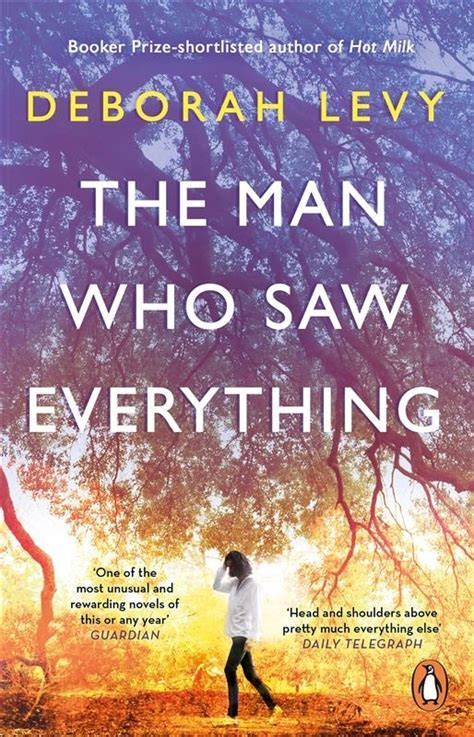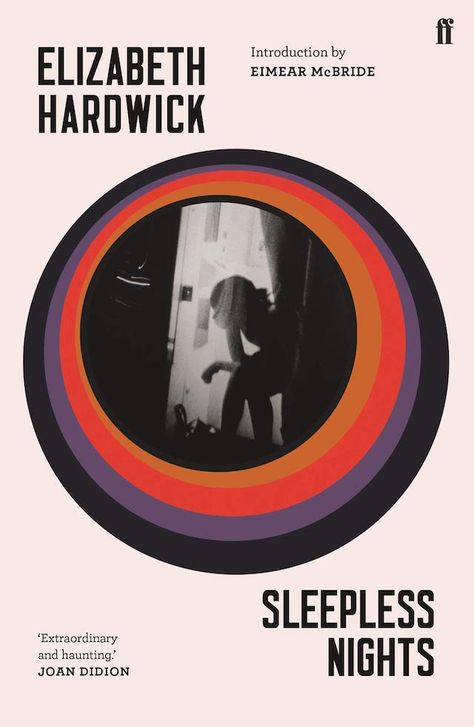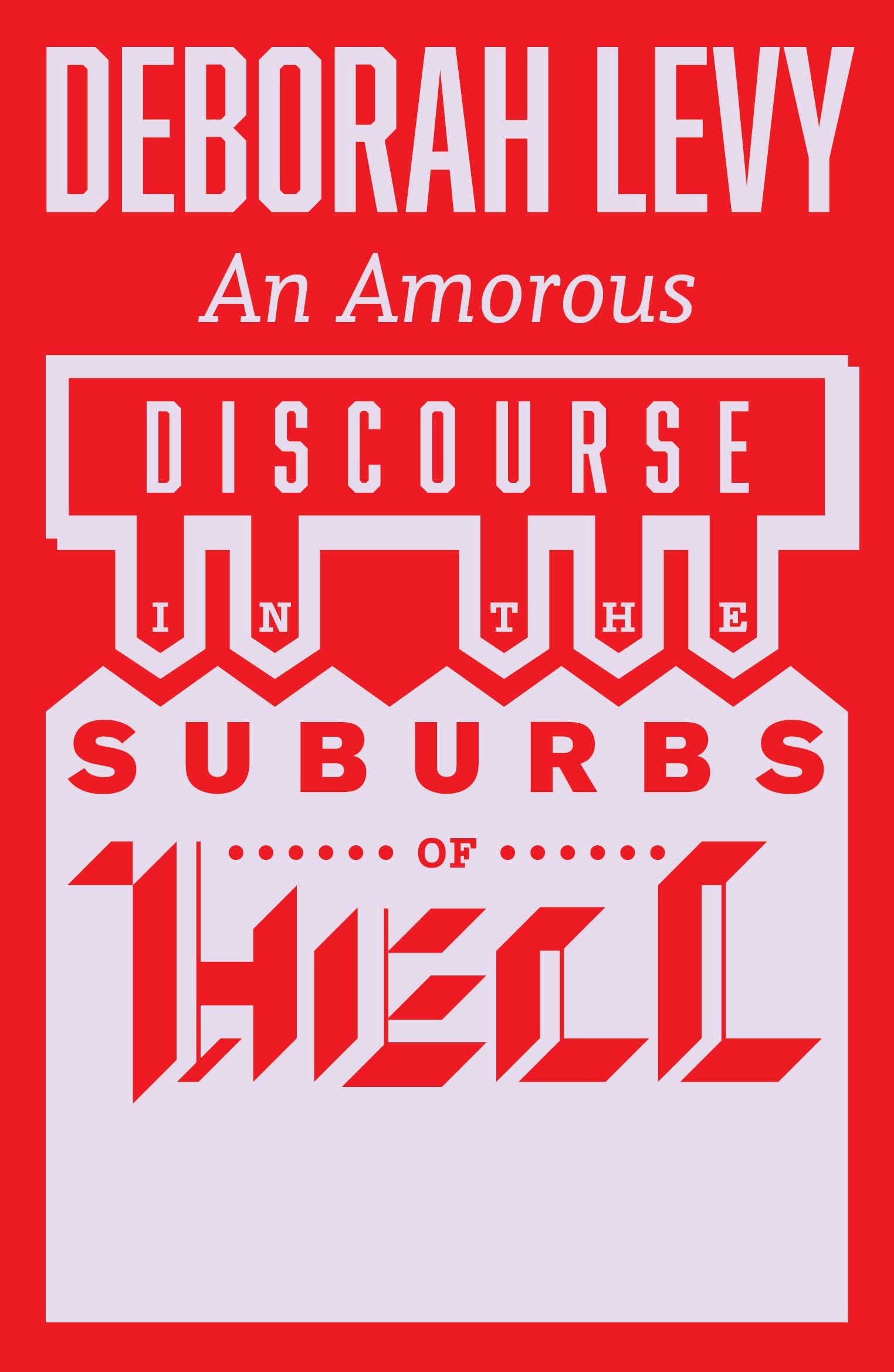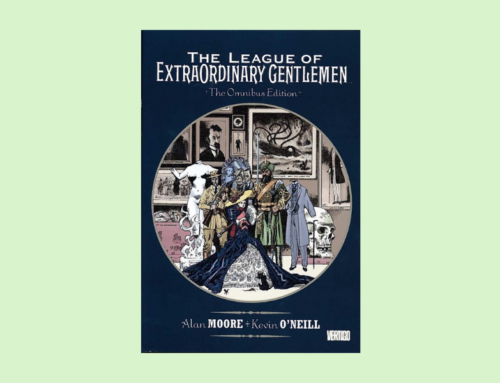By Dr. Otto Bleker
In 2021, Deborah Levy published her third but likely not last autobiographic book, Real Estate, because she dreams of a house where she can live and work at her own pace. But even in her imagination, this home is blurred, undefined and not realistic.
She had to give up her first shed because her old landlady sold her house.
Her new shed is near Abbey Road, where Levy will set her 2019 novel The Man Who Saw Everything—possibly one of her best.
By now, Levy is a mature and well-known author and travels the world. She is invited to a literary festival in Mumbai, India. She is offered marriage to a wealthy tree-whisperer and to live in the hills of Delhi, planting trees together and smoking bidis. She is about to phone her friend to tell him about her new plans, but then sees the whisperer’s eyes ogle a beautiful young woman in a sparkling minidress—an incident she copies twice in The Man Who Saw Everything.
Jennifer Moreau, one of the principal characters in The Man Who Saw Everything, is an upcoming photographer who lives with two women near Abbey Road. Her lover, the other main character, historian Saul Adler, a beauty who himself applies makeup, visits her daily for sex. They love each other’s bodies, but not their minds. When he asks Jennifer to marry him, looking towards another roommate who is naked on her way to the sauna, Jennifer follows his gaze and declares their relationship over.
It is remarkable that Levy can write novels with completely different settings, characters and messages. All novels share her opinions on love, sexual love and, most important, real love or caritas. The well-known, recently deceased Italian philosopher Gianni Vattimo was convinced that Christianity and other religions lead to secularization, except caritas or real love.
Like Elizabeth Hardwick’s Sleepless Nights, all of Levy’s books invite a second or even third reading; that’s quality.
In modern societies, a consensus between sex partners beforehand and even during intercourse is more and more accepted. It seems likely that Levy’s publications had and continue to have a positive role in these developments.
By 1990, Levy had already published a remarkable poem in free verse, Amorous Discourse in the Suburbs of Hell, in which an Angel with feathers (the She)—flown from Paradise, the symbol of an intellectual independent woman—tries to save the He, an accountant, who admits to dreaming of a White Christmas, a little garden and a woman to live, play piano and cook for who will have his babies and share his bed; in short, the classic wife of the patriarchate.
Of course, there was no match. Although one may wonder whether Levy is the She herself….








